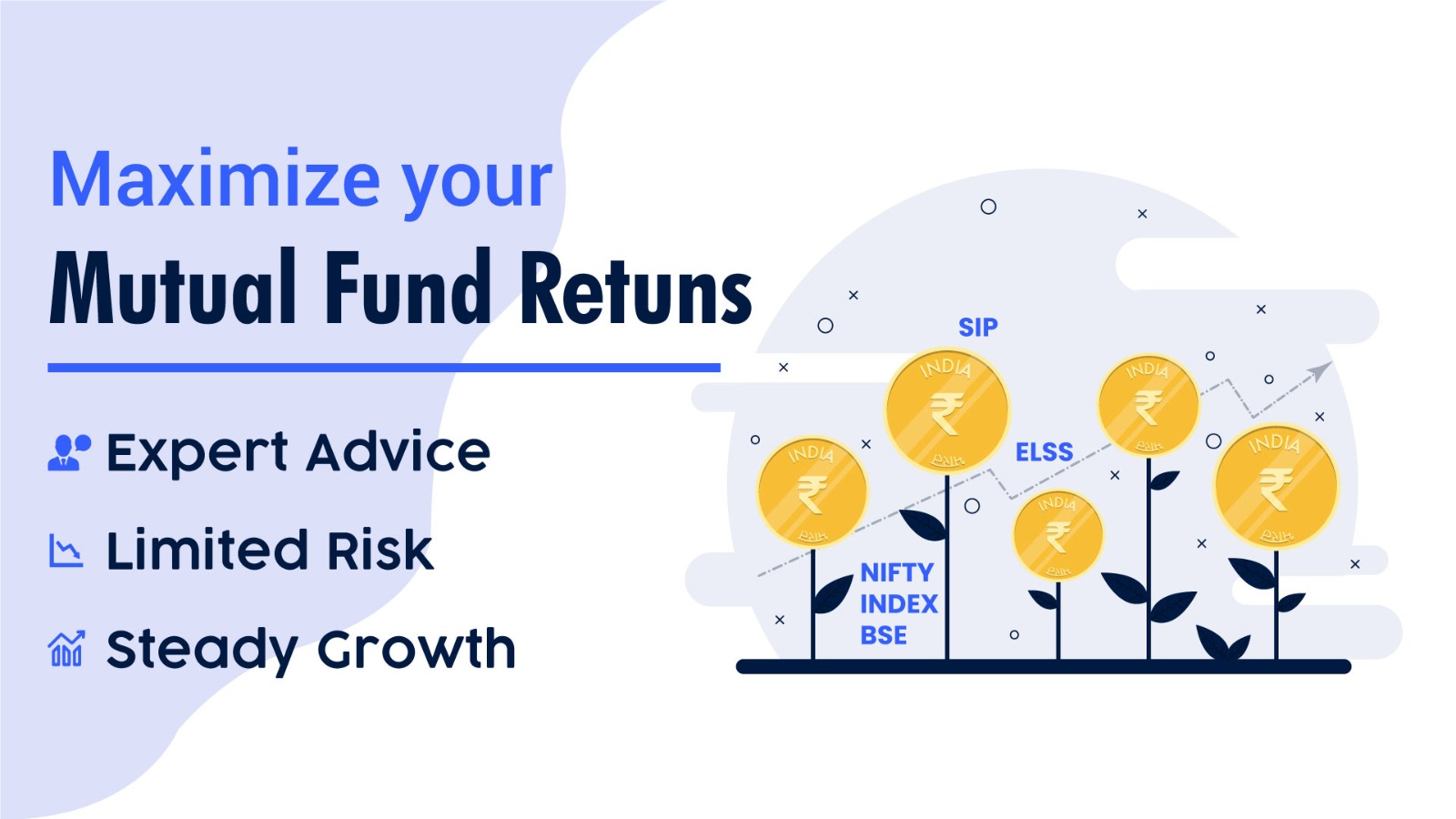
What is PMS: Understanding Its Types And Advantages
PMS stands for "Portfolio Management Services," which refers to a specialised investment service offered by financial institutions to manage and grow the investment portfolios of high net worth individuals (HNIs) and institutional investors. PMS offers personalised and customised investment solutions based on the individual investor's risk tolerance, financial goals, and investment preferences.
Key Features of PMS:
-
Structure and Regulation: PMS is regulated by the Securities and Exchange Board of India (SEBI), the country's securities market regulator. SEBI has laid down guidelines and regulations to ensure transparency, accountability, and investor protection within the PMS industry.
-
Investment Strategy: PMS providers offer a range of investment strategies, such as equity-focused, debt-focused, balanced, and specialised thematic strategies. These strategies can cater to different risk profiles and investment objectives.
-
Minimum Investment: The minimum investment required to avail PMS services is Rs.50 lacs. Typically, PMS requires a higher minimum investment compared to mutual funds, making it more suitable for HNIs and institutional investors.
-
Personalization: PMS offers a higher degree of customization compared to traditional investment options like mutual funds. Investors can have a say in their investment preferences, risk appetite, sector preferences, and other considerations.
-
Diversification: PMS portfolios are diversified across multiple asset classes and investment instruments, aiming to spread risk and generate returns for investors.
-
Fees and Charges: PMS services usually involve management fees, performance-based charges (profit-sharing), and other administrative fees. These fees can vary based on the PMS provider and the size of the investment.
-
Reporting and Transparency: SEBI mandates PMS providers to provide regular reports to clients detailing their portfolio holdings, performance, and other relevant information. This ensures transparency and helps clients monitor the progress of their investments.
-
Risks: While PMS services can offer personalized and potentially higher returns, they also carry inherent risks associated with investment markets. The performance of PMS portfolios depends on market conditions, the investment strategy employed, and the skill of the fund manager.
-
Tax Implications: PMS investments are subject to taxation rules similar to those of direct equity investments. Capital gains tax and other tax regulations apply.
-
Selection of PMS Provider: Investors should carefully research and select a PMS provider based on their track record, investment philosophy, team expertise, and alignment with the investor's financial goals.
It's important for investors to conduct thorough due diligence and consider consulting with financial advisors before choosing PMS services. The PMS landscape in India has evolved significantly, and investors should stay informed about regulatory changes and industry trends.
Ours offering:
Currently we have empanelment with 2 leadings AMC proving PMS investment management services to offer their products to our clients:
-
ICICI Prudential Asset Management Company Ltd.
Products & Strategies:
-
Core Strategies
Contra Strategy
Flexicap Strategy
Largecap Strategy
Value Strategy
-
Thematic Strategies
PIPE Strategy
Wellness Strategy
-
-
White Oak Capital Management Ltd
Products & Strategies:
White Oak India Pioneers Equity Portfolio
White Oak India Business Leaders
White Oak India Pioneers Equity ESG Portfolio
White Oak India Digital Leaders Portfoliox
Kindly give us a chance to discuss the products in detail. We are keen to find a suitable strategy with your investment object and risk profile.


